Corona Virus positive patients at higher risk of heart attack after 18 months
By Lokmat English Desk | Published: January 21, 2023 05:17 PM2023-01-21T17:17:44+5:302023-01-21T17:17:44+5:30

Compared to uninfected individuals, the likelihood of Covid-19 patients dying was up to 81 times higher in the first three weeks of infection and remained five times higher up to 18 months later.
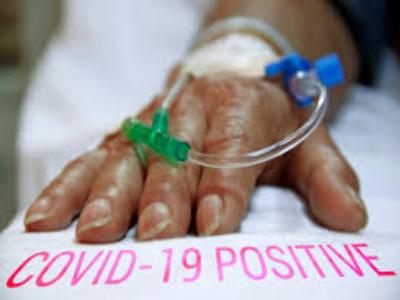
Compared with the two uninfected cohorts, patients with Covid-19 were approximately four times more likely to develop major cardiovascular disease in the acute phase and 40 per cent more likely in the post-acute phase.
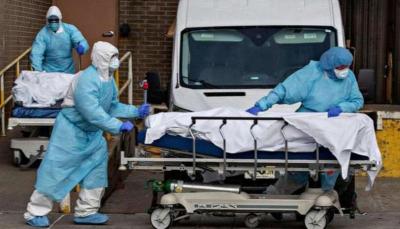
Compared to uninfected individuals, the risk of death in Covid-19 patients was up to 81-fold higher in the acute phase and five-fold higher in the post-acute phase.
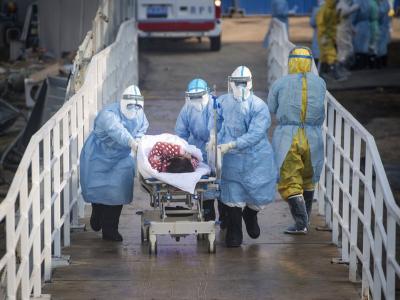
Patients with severe Covid-19 were more likely to develop major cardiovascular disease or die than non-severe cases, according to the study.
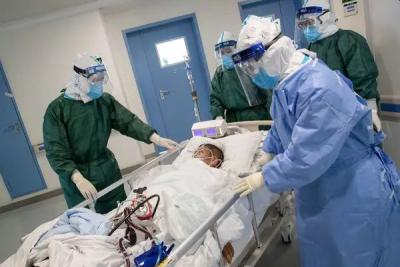
Covid-19 patients have an elevated risk of death for at least 18 months after they got infected, researchers warned on Thursday
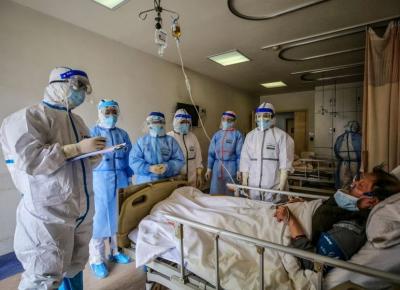
Covid patients were more likely to develop numerous cardiovascular conditions compared to uninfected participants, which may have contributed to their higher risks of death, according to the study of nearly 160,000 participants published in Cardiovascular Research, a journal of the European Society of Cardiology (ESC). "The findings indicate that patients with Covid-19 should be monitored for at least a year after recovering from the acute illness to diagnose cardiovascular complications of the infection, which form part of long Covid," said Professor Ian CK Wong of the University of Hong Kong, China.
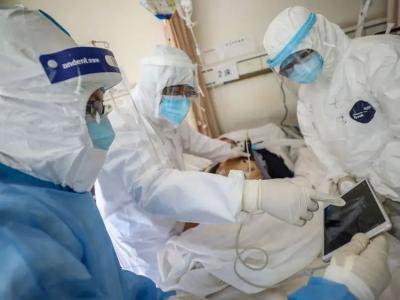
The outbreak of coronavirus disease 2019 (COVID-19), an infectious disease with severe acute respiratory syndrome, has now become a worldwide pandemic. Despite the respiratory complication, COVID-19 is also associated with significant multiple organ dysfunction, including severe cardiac impairment.

t. Emerging evidence reveals a direct interplay between COVID-19 and dire cardiovascular complications, including myocardial injury, heart failure, heart attack, myocarditis, arrhythmias as well as blood clots, which are accompanied with elevated risk and adverse outcome among infected patients, even sudden death.
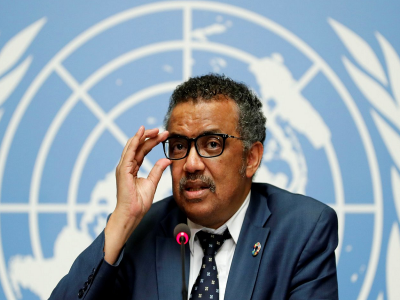
The proposed pathophysiological mechanisms of myocardial impairment include invasion of SARS-CoV-2 virus via angiotensin-converting enzyme 2 to cardiovascular cells/tissue, which leads to endothelial inflammation and dysfunction, de-stabilization of vulnerable atherosclerotic plaques, stent thrombosis, cardiac stress due to diminish oxygen supply and cardiac muscle damage, and myocardial infarction
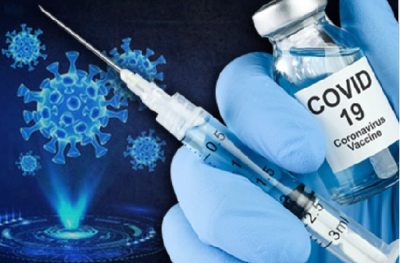
Several promising therapeutics are under investigation to the overall prognosis of COVID-19 patients with high risk of cardiovascular impairment, nevertheless to date, none have shown proven clinical efficacy.
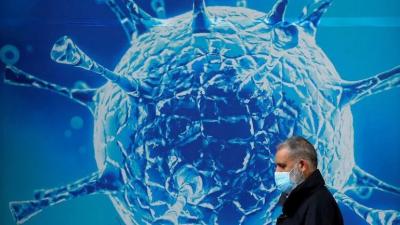
. In this comprehensive review, we aimed to highlight the current integrated therapeutic approaches for COVID-19 and we summarized the potential therapeutic options, currently under clinical trials, with their mechanisms of action and associated adverse cardiac events in highly infectious COVID-19 patients.
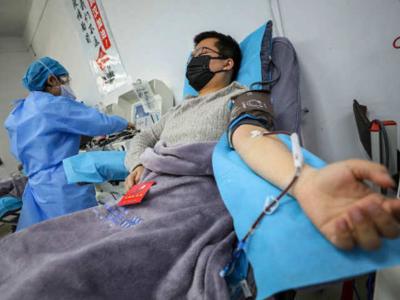
As the virus causes inflammation and fluid to fill up the air sacs in the lungs, less oxygen can reach the bloodstream. The heart has to work harder to pump blood through the body, which can be dangerous in people with preexisting heart disease. The heart can fail from overwork, or insufficient oxygen can cause cell death and tissue damage in the heart and other organs.






















